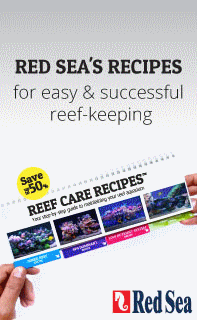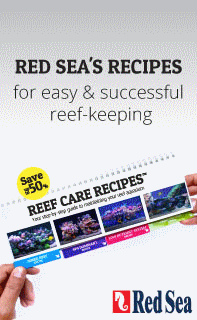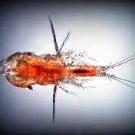[DISCUSSION] Comparison: Natural Sea Water VS Salt Mix
-
Similar Content
-
Topics
-
Latest Update
-
1
WTS: JECOD DMP-40M Wavemaker x 2
tested in water. its blowing my sand around. video shows it dry testing. UK plug btw. WhatsApp Video 2025-02-19 at 18.02.52.mp4 -
1
WTS: JECOD DMP-40M Wavemaker x 2
selling 2 x DMP40M(wireless version) $150 each. Just got it yesterday (19/02/2025). RFS: too strong for my tank. This is the Bluetooth + Wireless version. Contact me at 8282nine941 Collection at Khatib. Still comes with box. -
0
WTS stratosphere zoas
2+1 baby polyps, pm if interested Sent from my CPH2437 using Tapatalk -
-
0
WTS/T Beginner Corals
Spec Krak 1pp $12 GmK 3pp $38 Green Clove $18 Paly $12 Pulsing Xenia $8 GSP+Red Monti $12
-







Recommended Posts
Join the conversation
You can post now and register later. If you have an account, sign in now to post with your account.